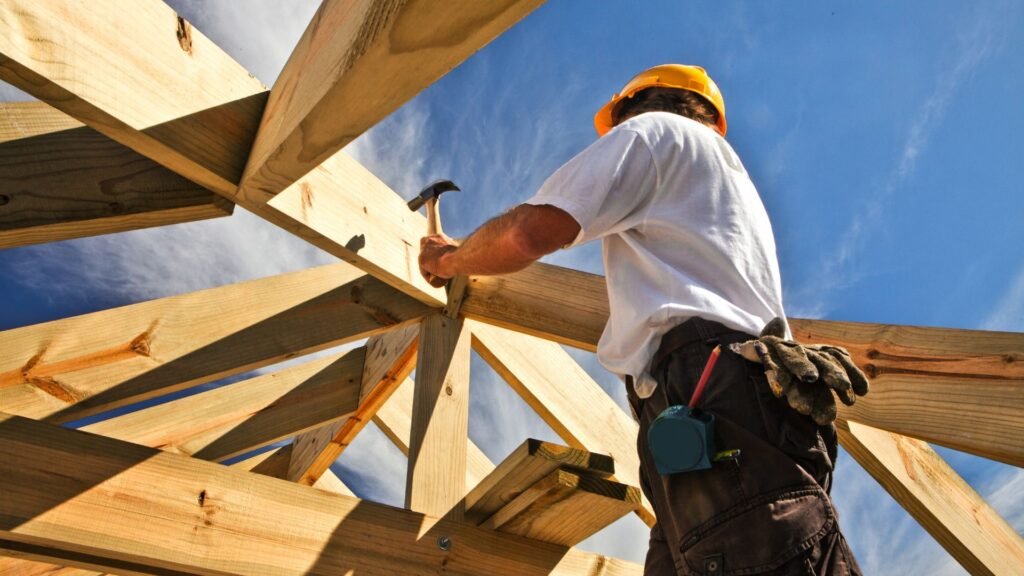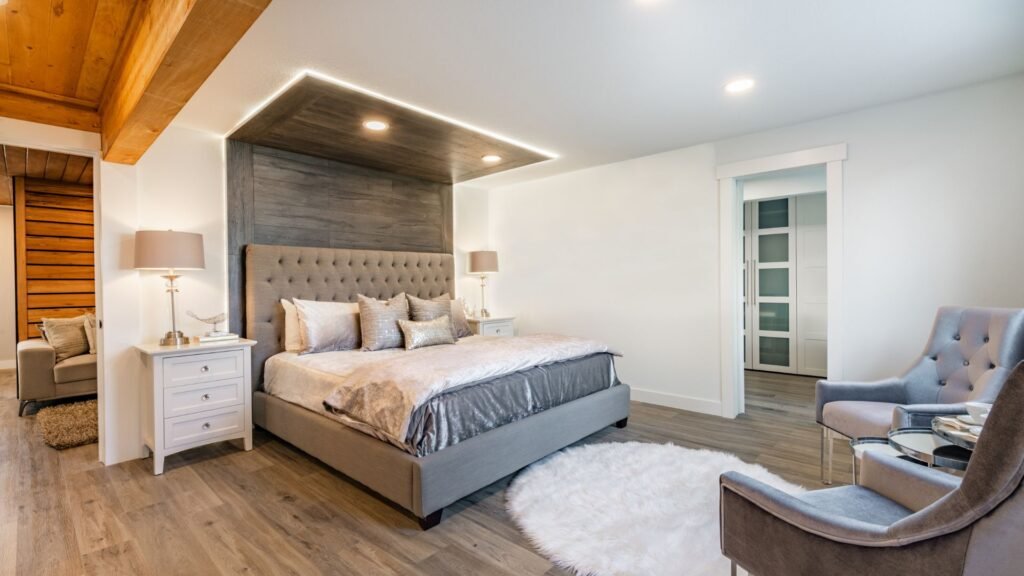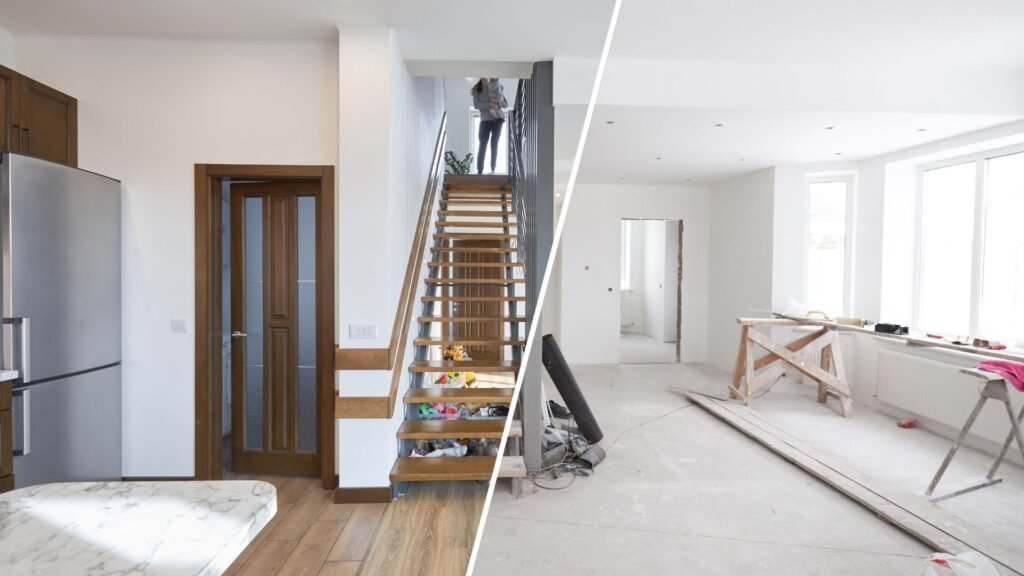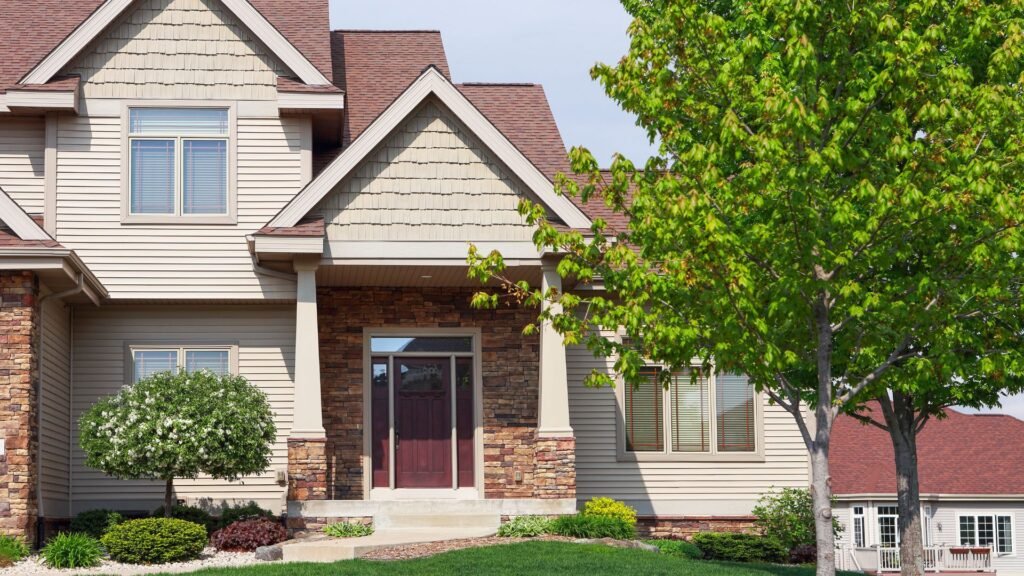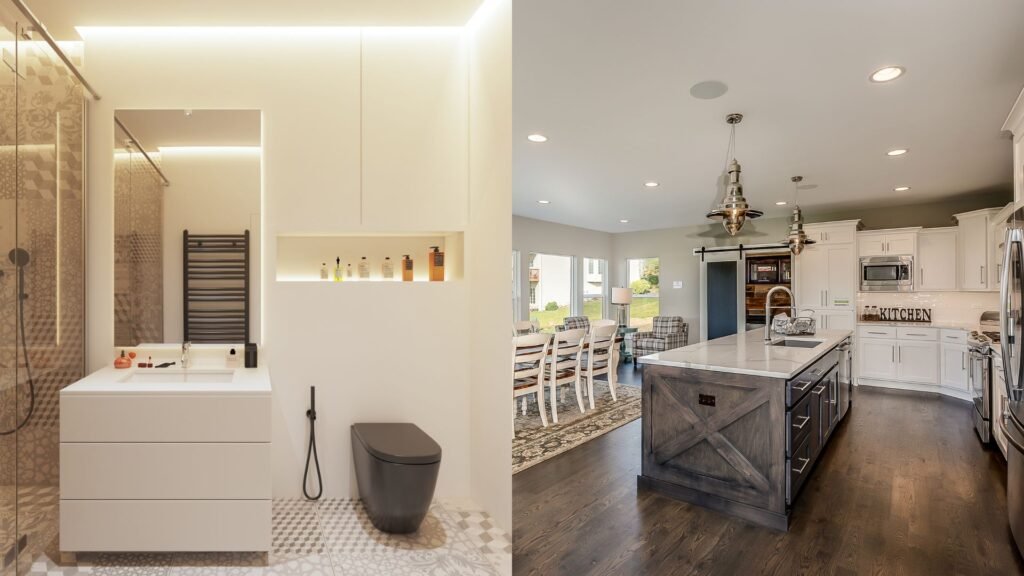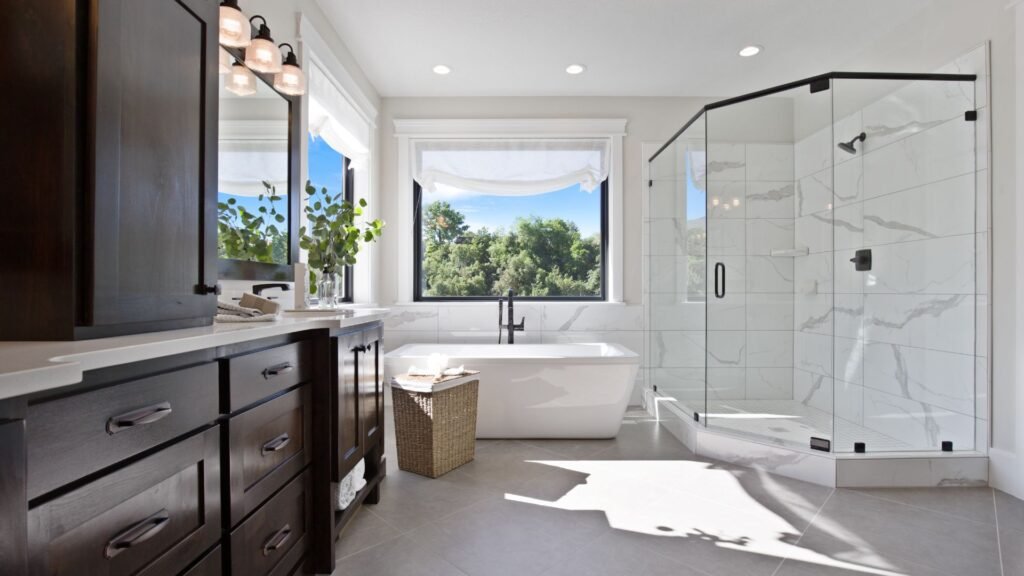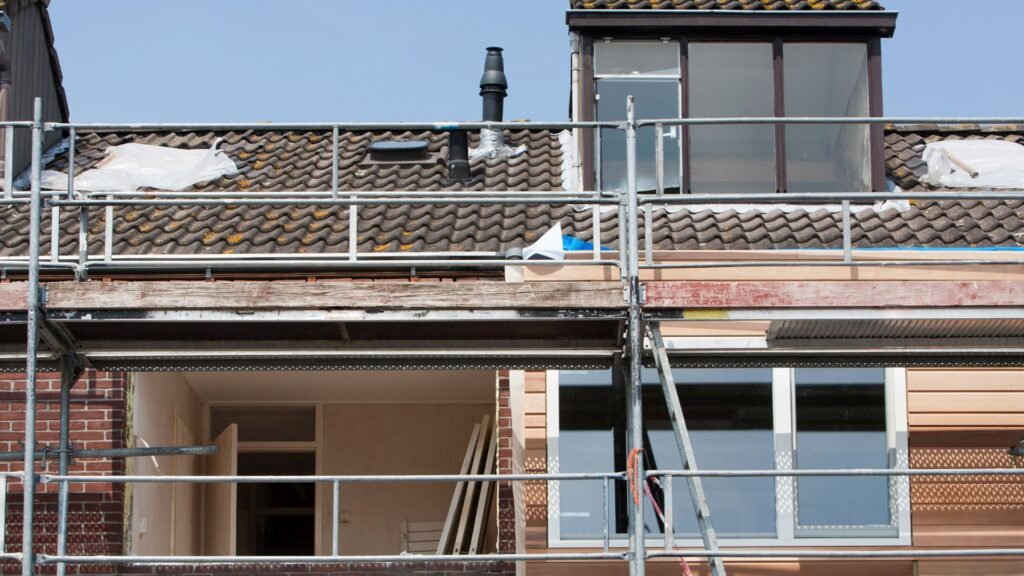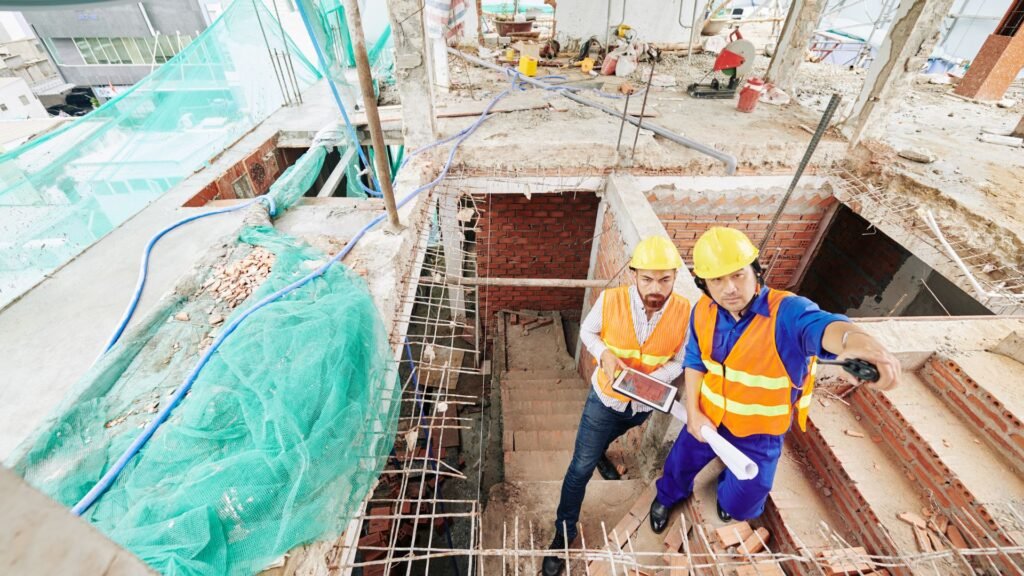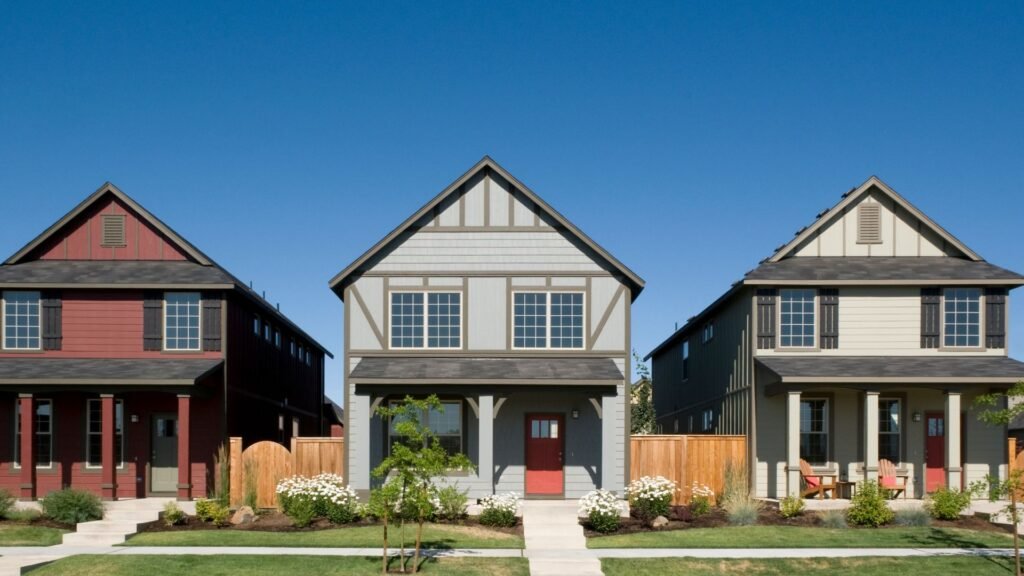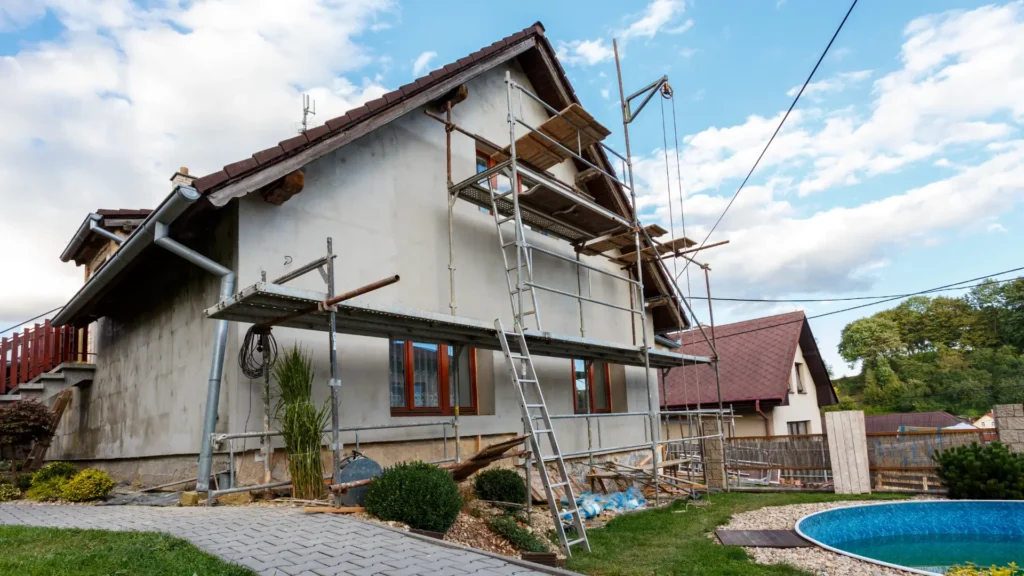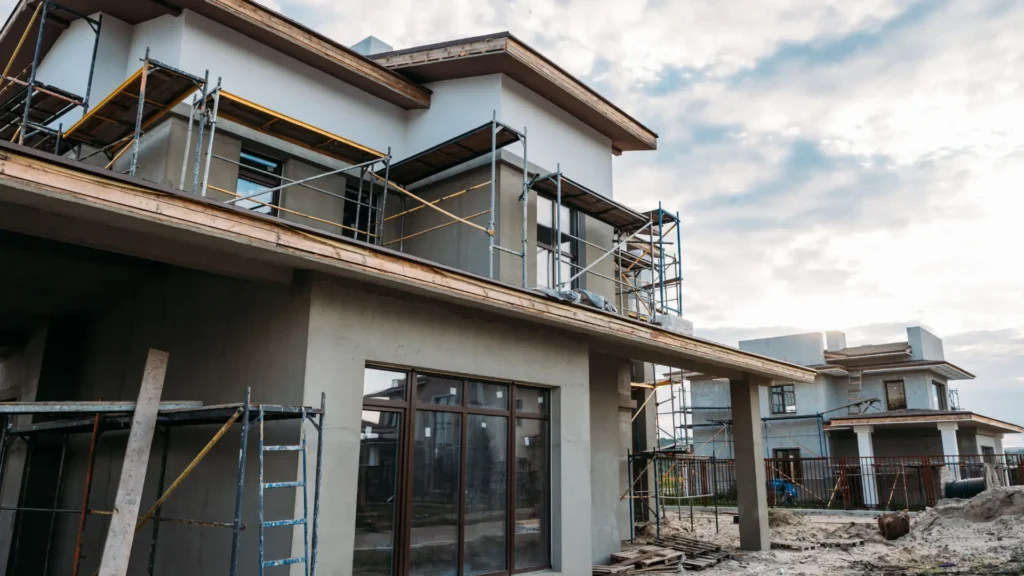Welcome to your go-to guide for checking builders’ credentials in New Zealand. Whether you’re building a new home, renovating, or hiring a contractor for a small job, choosing the right builder is one of the most important decisions you’ll make. A licensed, qualified builder helps ensure the work is done properly, legally, and safely. But how do you know if a builder is truly qualified? In this post, you’ll learn why checking credentials matters, what to look for, and how to verify a builder’s license or membership. This simple step can protect your investment, your timeline, and your peace of mind.
To check a builder’s credentials in NZ, start by searching their name on the Licensed Building Practitioner (LBP) Register. Look for a current license and its specific license class. You can also ask if they’re members of NZ Certified Builders or the Master Builders Association. Always request references, check online reviews, and confirm they have valid insurance before hiring.
Table of Contents
Why You Should Check A Builder’s Credentials
Hiring a builder without verifying their credentials might seem like a shortcut, but it can lead to costly, stressful problems down the line. When you work with an unlicensed or unqualified builder, you’re opening the door to major risks. These risks aren’t just theoretical, they show up in real-life situations every day across New Zealand.
One of the most common issues is poor workmanship. Builders without the right training or certification may cut corners, ignore building codes, or use substandard materials. The result? Unsafe structures, unfinished projects, or work that needs to be redone by someone else, costing you time and money.
Another risk is a lack of insurance. Certified builders in New Zealand usually carry public liability insurance and may offer work guarantees through professional groups like NZ Certified Builders or Master Builders. But if you hire someone without credentials, you’re likely dealing with someone who’s uninsured. That means if anything goes wrong, damage, injury, or faulty work, you could be left covering the costs yourself.
There’s also the potential for legal disputes. If your builder isn’t properly licensed, any work they complete, especially restricted building work like foundations or weatherproofing, may not meet legal requirements. This can cause serious delays if you need consent approvals, inspections, or try to sell your property later. Unlicensed work may even require costly rework to meet council standards.
Under New Zealand law, the Building Act 2004 outlines who can carry out restricted building work. It clearly states that certain work must be done or supervised by a Licensed Building Practitioner (LBP). Ignoring this requirement doesn’t just expose you to poor outcomes, it can also lead to penalties or legal action.
On the other hand, when you hire a qualified, credentialed builder, you get peace of mind. You know they’ve met the national standards, they’re accountable for their work, and they understand the local building regulations. They’re more likely to follow proper procedures, maintain communication, and complete the job safely and professionally.
In short, checking a builder’s credentials isn’t just about ticking a box. It’s about protecting your investment, avoiding stress, and making sure the job is done right. Trust starts with verification, and when it comes to building or renovating, trust is everything.
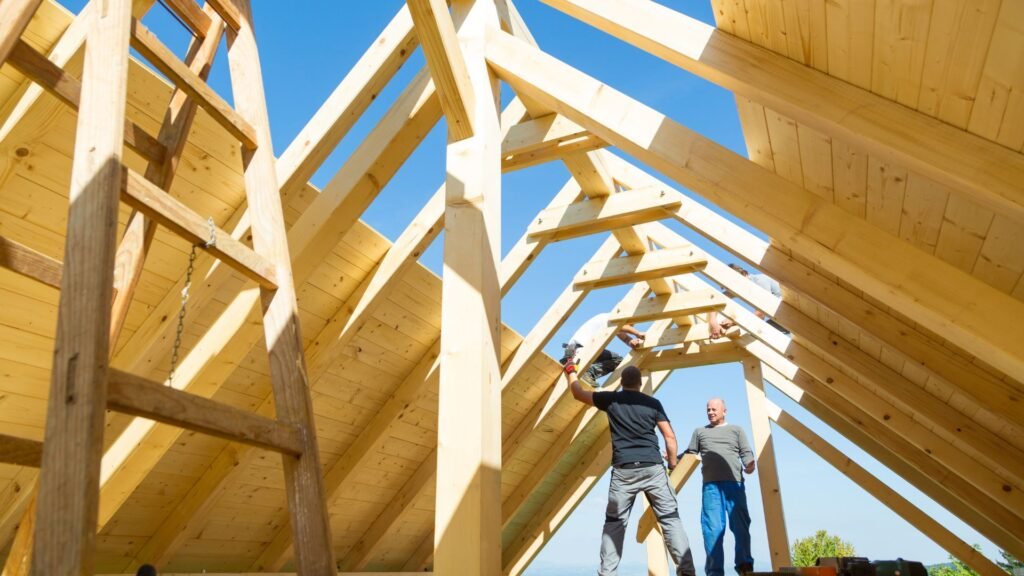
What Credentials Should A Builder In NZ Have?
Before you hire a builder in New Zealand, it’s critical to understand the different types of credentials that separate qualified professionals from unlicensed operators. Hiring someone with proper licensing and certification ensures your project complies with national regulations, meets quality standards, and protects you from legal or financial issues. Here’s a breakdown of the three most trusted credentials to look for when choosing a builder in NZ.
Licensed Building Practitioner (LBP)
The Licensed Building Practitioner (LBP) scheme is a government-backed licensing system managed by the Ministry of Business, Innovation and Employment (MBIE). It was introduced to improve building standards and ensure that only skilled professionals carry out or supervise key parts of construction.
What Is LBP?
An LBP is a builder or tradesperson who has been assessed as competent to carry out or supervise certain building work. This includes structural work, roofing, foundations, and external cladding. To become licensed, a builder must pass strict competency assessments and maintain their skills through ongoing education and training.
When It’s Legally Required
Hiring an LBP is legally required for Restricted Building Work (RBW), which includes any work affecting the structure or weather-tightness of a home. This applies to new builds, major renovations, and extensions. If you use an unlicensed builder for this type of work, your project may not meet compliance standards, and you could be held responsible.
Where To Verify: LBP Register
To check whether a builder holds a current LBP license, visit the official LBP Register. You can search by name or license number and see important details like license class, license status, and any disciplinary history. This simple check is one of the best ways to avoid unqualified builders and ensure you’re working with someone who meets national standards.
NZ Certified Builders (NZCB)
NZ Certified Builders is a professional trade association representing a network of qualified builders across New Zealand. To join, a builder must hold a recognised trade qualification and meet strict entry criteria.
What This Certification Means
Being a member of NZCB means the builder is not only trade-qualified but also committed to upholding high-quality workmanship and ethical business practices. NZCB members also have access to industry training and technical support, helping them stay up-to-date with modern construction methods.
How It Differs From LBP
While the LBP is a government license, the NZCB is a private membership-based certification. The main difference lies in the scope: LBP is legally required for certain jobs, while NZCB is voluntary but adds a layer of trust. Many qualified builders choose to hold both, giving clients extra peace of mind.
Master Builders Association
The Registered Master Builders Association is another well-respected organisation in NZ’s construction industry. Like NZCB, it sets strict membership standards and offers added protections for consumers.
What Membership Includes
To become a Registered Master Builder, a builder must demonstrate proven experience, financial stability, and a strong track record. Members agree to follow a code of conduct and undergo ongoing quality checks. Many of NZ’s top builders are part of this association.
Importance Of Guarantees/Warranties
One of the key benefits of hiring a Master Builder is access to the Master Build 10-Year Guarantee. This protects you against structural defects, loss of deposit, and non-completion. It’s one of the strongest warranties available in the NZ building industry and provides valuable protection for homeowners investing in major construction projects.
Verifying a builder’s credentials in NZ isn’t just a formality, it’s a smart step that protects your home, your budget, and your peace of mind. Whether it’s checking the LBP Register, confirming NZCB membership, or looking for Master Builders guarantees, taking time to do this upfront can save you from costly mistakes later.
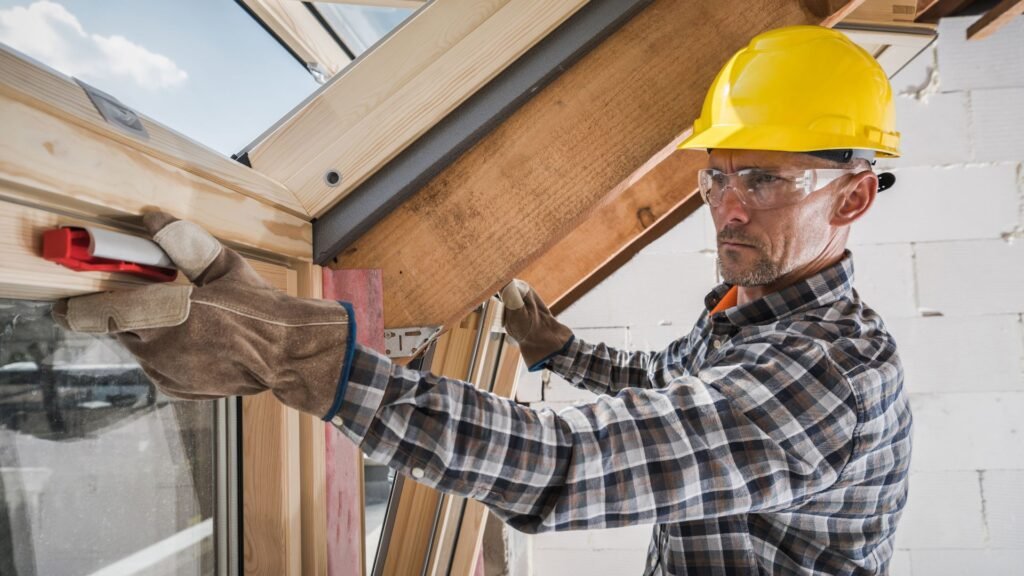
Step-By-Step: How To Check A Builder’s Credentials In NZ
Hiring the right builder starts with making sure they are properly qualified and trustworthy. In New Zealand, several steps can help you confirm whether a builder meets legal requirements and professional standards. This process is not just for peace of mind, it also protects your investment and ensures that your project complies with local building laws. Below is a clear, step-by-step guide on how to check a builder’s credentials in NZ.
Search The LBP Register
The first and most important step is to search the official Licensed Building Practitioner (LBP) Register. This government-run database lists all qualified practitioners in New Zealand. Visit https://lbp.govt.nz and enter the builder’s full name or company name.
You’ll see their license status, type of license (such as carpentry or roofing), and whether they’re currently active. If they don’t appear on the list or their license is expired, that’s a red flag. For any restricted building work, like structural changes or weathertightness, you must hire a licensed builder.
Ask For Their Membership Details
Once you confirm the builder is licensed, ask if they belong to any industry organisations like the New Zealand Certified Builders (NZCB) or the Registered Master Builders Association. Membership in these groups shows that the builder goes beyond basic legal standards.
Both associations have codes of conduct and offer additional protections such as workmanship guarantees and dispute resolution support. Builders can provide proof of membership or you can verify it on each organisation’s website by searching their name.
Request Past Work And References
Don’t just rely on credentials, ask to see their recent projects. Request photos of completed work, and if possible, visit a nearby job site. This gives you a real sense of their skill level and attention to detail.
Also, ask for references from previous clients. Speak directly to those clients and ask if the project was completed on time, within budget, and up to expectations. Real experience is just as important as formal qualifications, and feedback from others can reveal what it’s really like to work with the builder.
Check Reviews Online
Take a few minutes to look up the builder’s name or business online. Platforms like Google Reviews, NoCowboys, and Builderscrack offer public feedback from real clients in New Zealand. While no builder will have a perfect score, consistent complaints about reliability or poor communication are warning signs.
Pay attention to how the builder responds to negative reviews, if at all. A professional response shows accountability and willingness to improve.
Ask About Insurance And Guarantees
Before signing anything, make sure the builder has the right insurance in place. At a minimum, they should carry public liability insurance to cover damage or injury caused during the project. If something goes wrong, you don’t want to be left responsible.
Also ask about any guarantees or warranties offered. Members of NZCB or Master Builders often provide written guarantees covering workmanship and defects for a certain number of years. These protections are valuable in case problems arise after the job is done.
Each of these steps gives you a clearer picture of who you’re hiring. Don’t rush the process. A builder who is open, honest, and well-documented is far more likely to deliver quality results. Taking the time to check these credentials upfront could save you thousands of dollars and countless headaches down the line.
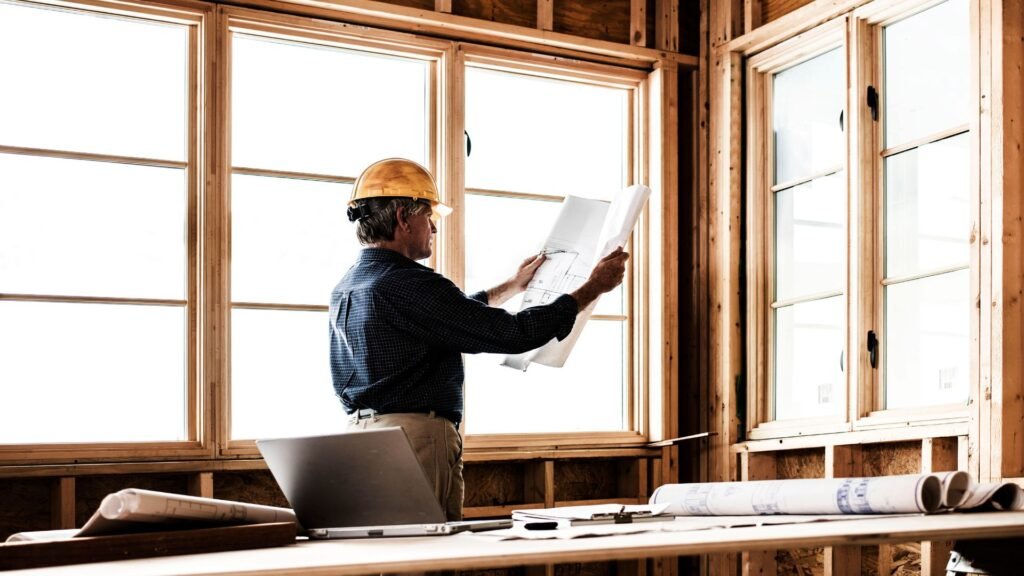
Red Flags To Watch Out For
Hiring a builder without checking their background can lead to costly mistakes. Even if someone comes highly recommended or offers a low quote, it’s still important to stay alert for warning signs. These red flags can signal that a builder may not be trustworthy, qualified, or professional. Knowing what to watch out for helps you avoid unnecessary risks during your building or renovation project.
- Vague Answers Or Refusal To Share Credentials
A reputable builder should be transparent about their qualifications. If they avoid your questions or hesitate to share proof of their license, LBP status, or association memberships, that’s a red flag. Every qualified builder in New Zealand can be found on the Licensed Building Practitioner (LBP) Register. If someone makes excuses, claims it’s “not necessary,” or becomes defensive, take it as a sign to look elsewhere. - Pressuring For Upfront Full Payment
No reliable builder will demand full payment before work even begins. A typical agreement includes a deposit, followed by milestone payments tied to progress. If a builder pressures you to pay everything up front or uses urgency tactics like “limited-time pricing,” it may indicate financial instability or worse, a scam. Always use a written payment schedule and never hand over large sums without a contract. - No Written Contract
A written contract protects both you and the builder. It should outline the scope of work, timeline, materials, costs, and payment terms. Builders who prefer verbal agreements or tell you a contract is “unnecessary” may be trying to avoid accountability. Without a formal agreement, it’s harder to resolve disputes or enforce standards if something goes wrong. A refusal to sign a clear contract is a strong warning sign. - No Proof Of Past Work
Experienced and reputable builders will have a portfolio of completed projects. This may include photos, client references, or even site visits if agreed upon. If a builder can’t show you anything or gives vague explanations like “the clients don’t want their projects shown,” that may indicate a lack of experience or poor-quality work. Always ask for recent examples and verify them if possible. - Poor Communication
From the first interaction, take note of how well the builder communicates. Are they clear, prompt, and professional? Or do they take days to reply, miss calls, or avoid questions? Poor communication early in the process often leads to bigger problems later, like project delays, misunderstandings, or unfinished work. A builder who doesn’t listen, clarify terms, or keep you updated can create unnecessary stress during your project.
Staying alert to these red flags helps you avoid hiring the wrong person. Your builder plays a major role in the quality, safety, and success of your project, so take the time to choose someone who is qualified, reliable, and easy to work with.
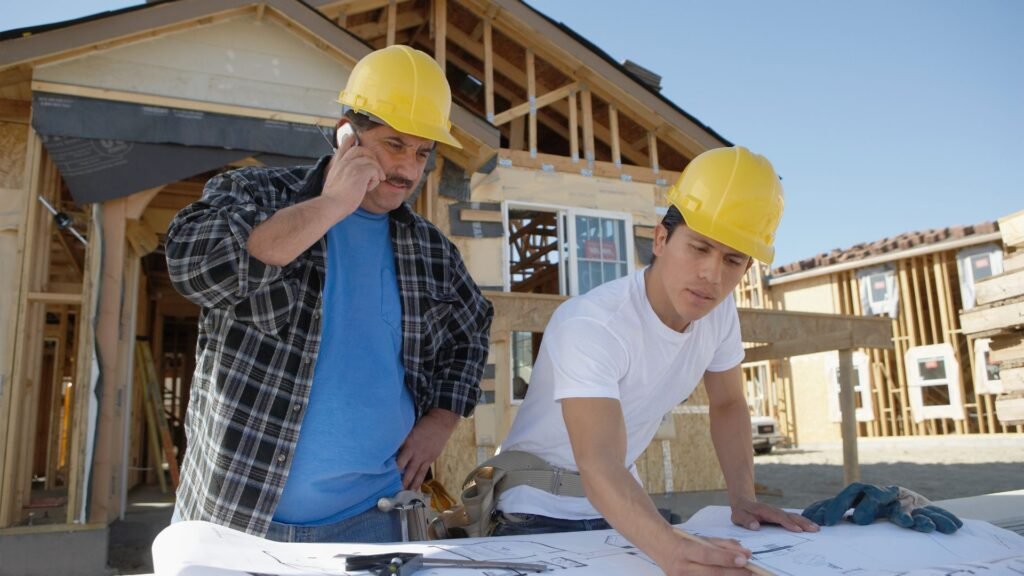
What To Do If A Builder Fails Your Check
Hiring the right builder is critical to the success of any construction or renovation project. If your research raises red flags or you discover a builder’s credentials don’t meet New Zealand’s legal or professional standards, it’s important to act quickly but calmly. Here’s what you can do next to protect your time, money, and property.
Start by slowing down the process. Don’t feel pressured to move forward with a builder who doesn’t check out. Even if you’re on a tight deadline, it’s better to pause and get multiple quotes from other licensed builders. Comparing different professionals not only gives you more options but also helps you understand fair pricing, timelines, and the quality of service available in your area.
If you suspect a builder is misrepresenting their qualifications or offering services they’re not legally allowed to provide, report them. You can contact the Ministry of Business, Innovation and Employment (MBIE) or your local council. This helps prevent unqualified builders from operating and protects other homeowners from similar risks.
Already engaged a builder and noticed issues after work started? Don’t panic. You can request a third-party building inspection from an independent professional. This inspection will assess the quality and safety of the work completed so far and provide you with a report you can use in any future decisions, whether it’s resolving disputes or switching contractors.
Taking these steps shows smart judgment, not fear. Every homeowner has the right to feel confident in their builder’s skills and credibility. If something feels wrong, trust your instincts and choose to move forward with a builder who meets legal requirements, communicates clearly, and provides evidence of experience. This not only ensures your build goes smoothly but gives you peace of mind every step of the way.
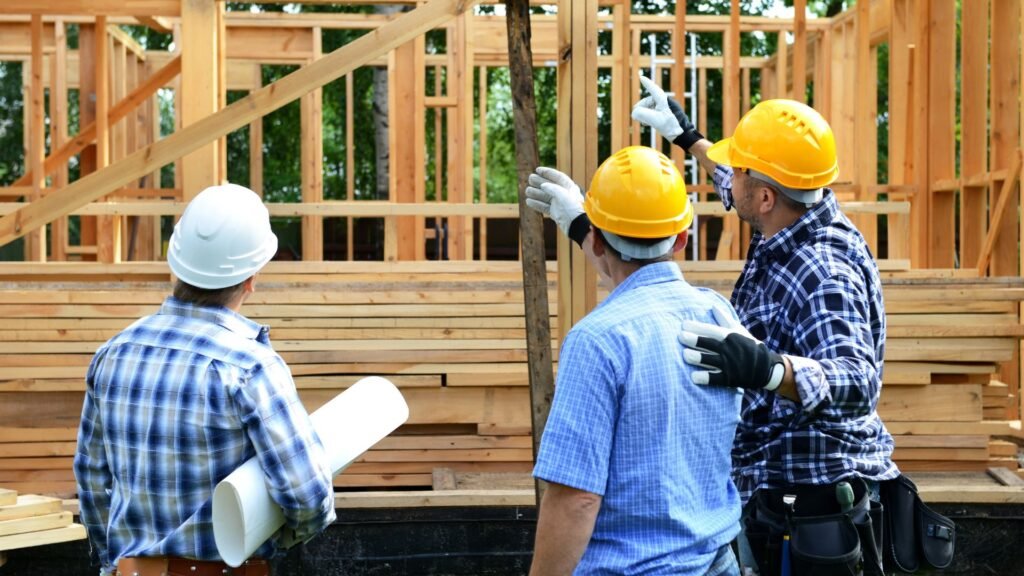
Final Checklist Before Hiring A Builder
Before you hire a builder in New Zealand, it’s important to double-check a few key things. This final checklist will help you avoid costly mistakes, missed deadlines, or legal trouble down the road. Whether you’re building a new home or doing a renovation, the builder you choose can make or break your project. That’s why every step you take before signing a contract matters. Use the checklist below to stay on track and feel confident about your decision.
- Verified LBP (Licensed Building Practitioner)
Start by confirming that the builder is listed on the LBP Register. This shows they are legally allowed to carry out restricted building work in NZ. Check their license class and make sure it’s up to date. - Member Of NZCB Or Master Builders
While LBP is a legal requirement, membership in NZ Certified Builders (NZCB) or the Master Builders Association offers extra peace of mind. Members of these groups are held to higher industry standards and often provide guarantees that protect your investment. - Positive Reviews
Search for recent, honest reviews on trusted platforms like Google, Builderscrack, or NoCowboys. Look for patterns, if multiple people mention missed deadlines or poor communication, that’s a red flag. On the flip side, consistent praise for reliability and workmanship is a strong green light. - Signed Contract
Always get a written contract before any work starts. It should clearly state the scope of work, timelines, materials, responsibilities, and payment schedule. This protects both parties and helps avoid confusion later. - Proof Of Insurance
Ask for proof of public liability insurance. This covers damage or injury that could happen during the job. If your builder is part of NZCB or Master Builders, they may also offer additional guarantees that cover workmanship for several years. - Clear Payment Terms
Make sure the payment terms are written clearly in the contract. Avoid builders who demand full payment up front. A standard approach is a deposit followed by staged payments based on progress.
This checklist isn’t just a formality, it’s a practical tool to help you choose the right builder and avoid unnecessary risks. Use it before signing anything, and you’ll be one step closer to a successful, stress-free building experience.
Ready to build with confidence? Start by choosing trusted professionals. Visit our homepage to connect with verified builders in NZ.
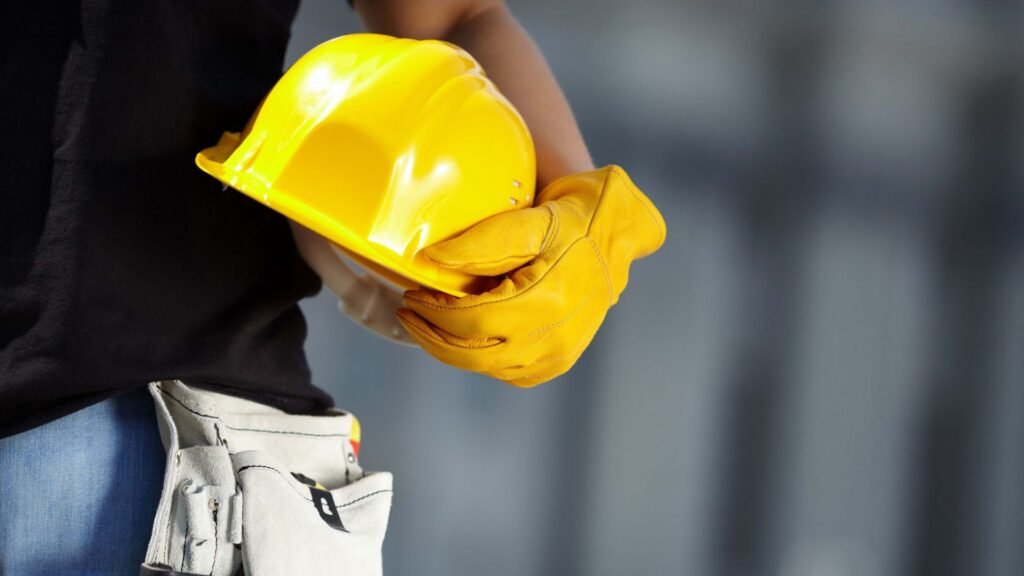
FAQs: About Check Builders’ Credentials In NZ
Why is it important to check a builder’s credentials in NZ?
Checking credentials ensures the builder is legally qualified, meets NZ building standards, and reduces the risk of poor workmanship or legal issues.
What is the LBP Register and how do I use it?
The Licensed Building Practitioner (LBP) Register is an official government database. You can search a builder’s name to verify their license status and class at lbp.building.govt.nz.
Is it legal to hire a builder in NZ who isn’t licensed?
For restricted building work (like structural or weather-tight elements), hiring an unlicensed builder is illegal. Always check for LBP status.
What’s the difference between an LBP and a Master Builder?
LBP is a government-issued license. Master Builders are members of a trade association that offers warranties and standards beyond legal minimums.
Can I check if a builder is a member of NZ Certified Builders?
Yes. You can visit nzcb.nz and use their member search tool to confirm if a builder is part of the NZ Certified Builders Association.
What documents should I ask a builder to show before hiring?
Request their license or membership certificates, insurance details, references from recent clients, and a clear contract before starting work.
What are common red flags when hiring a builder?
Watch out for builders who avoid written agreements, demand full upfront payment, provide vague answers, or have no public reviews.
Can online reviews be trusted when checking a builder’s reputation?
Online reviews help but should be used with caution. Combine them with credentials checks, direct references, and past work examples.
What kind of insurance should a qualified builder have in NZ?
Builders should have public liability insurance and, if part of NZCB or Master Builders, offer a work guarantee or warranty for added protection.
What should I do if I find a builder with invalid or expired credentials?
Avoid hiring them and report the issue to MBIE or your local council. It’s safer to choose another builder with valid credentials and references.
Conclusion
Checking a builder’s credentials in New Zealand isn’t just a formality, it’s a necessary step that protects your time, money, and future home. Skipping this process can lead to costly repairs, legal problems, or unfinished projects. By verifying licenses, memberships, and references before you commit, you reduce the risk of hiring someone unqualified or unreliable. Taking the time to do proper checks helps ensure your building project runs smoothly from start to finish. Before you move forward with any construction work, make sure you’ve done your research and chosen a builder who meets all legal and professional standards. If you found this guide helpful, feel free to bookmark it or share it with someone who’s planning a project. Looking for a template to interview a builder? Check out our next guide or visit our homepage for free resources and contact options.

